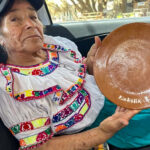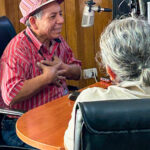By Becky Basch
It’s difficult to capture in a few words the impact that my visit to Chiapas, Mexico and Coban, Guatemala have had on my understanding of the challenges that people face in these communities. I have been humbled and inspired by the work that fellows in both countries are doing to empower women and indigenous communities.
In Zinocanton, Mexico, we were welcomed into the home and workspace that Yolanda __ shares with her mother and sister and learned of the cooperative that Yolanda is building to help women market their beautiful textiles. With no men in the household, these women must support themselves through traditional means while few speak English or even Spanish. Yoli is using her degree in marketing and experience with ITD to transform her ideas into action and to lift up the work that women in her community have been creating for generations.
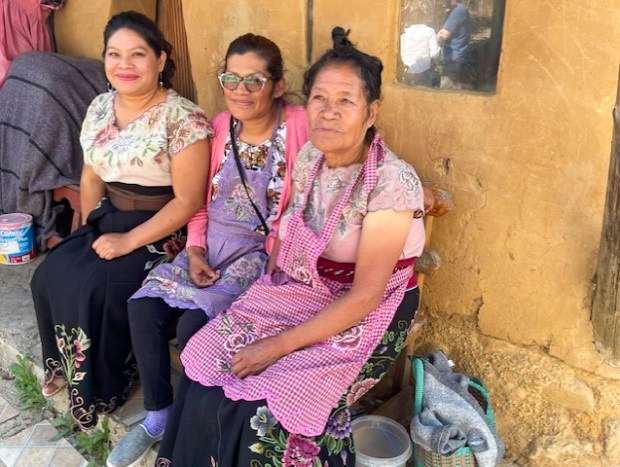
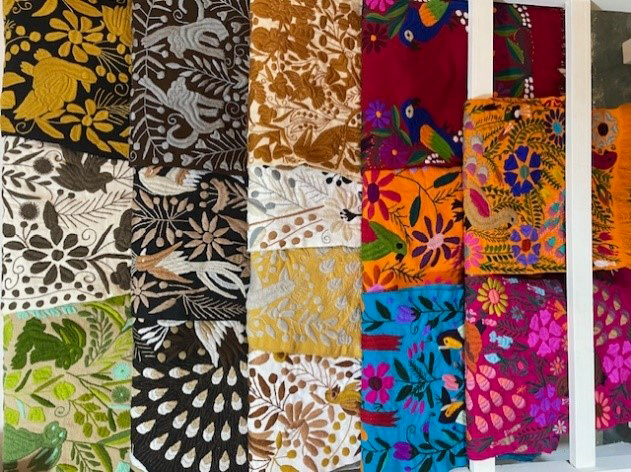
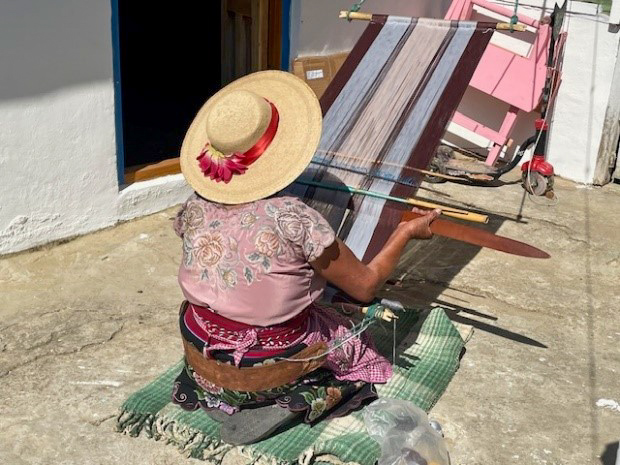
Bertha Luisa Escobar from San Christobal showed us the women-owned store that sells artisanal food made by women and has grown over the last 12 years to provide enough income to enable women to provide for themselves and their children. In addition to selling jams made from surplus fruit that she gathers from growers who market in the city, Bertha is working with other women to build a cooperative where women support each other with financial and legal assistance when they are left to care for children on their own.
And, during my time with Luis Sanchez in Coban, Guatemala, I have learned how FEDECOVERA is working to empower women through providing them opportunities to learn new skills, lead their own cooperatives, and build projects from the idea to the grand opening, in one case a new café at the Te Chirrepeco cooperative.
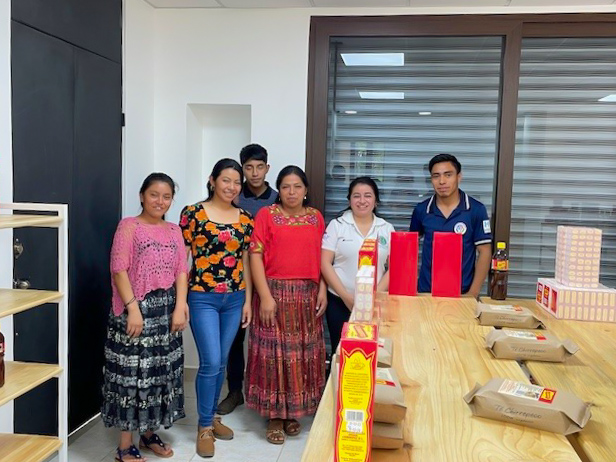
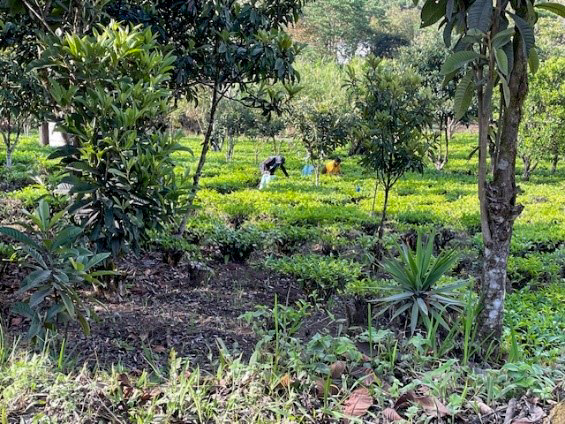
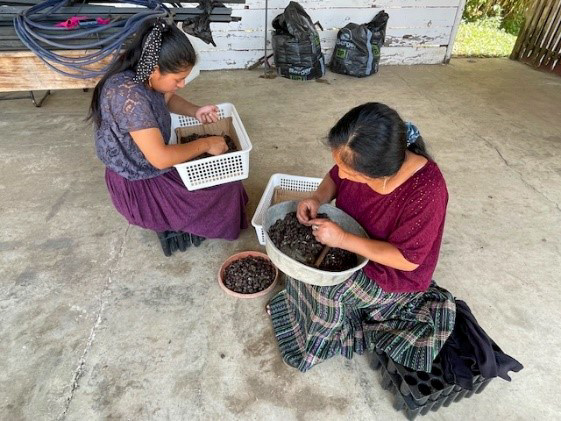
In spite of seemingly insurmountable barriers, ITD fellows are persevering, working from their hearts to make change in their communities. This experience has highlighted the importance of connections and shared learning, inspiring new ideas and potential partnerships. I hope to build on the relationships I have made with ITD fellows and connect them with each other as well as with organizations at home that face similar challenges.
All opinions expressed by the program participants are their own and do not represent nor reflect official views from the Bureau of Educational and Cultural Affairs of the U.S. Department of State, or of the Institute for Training and Development, Inc.


